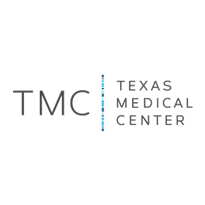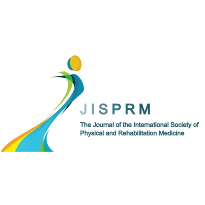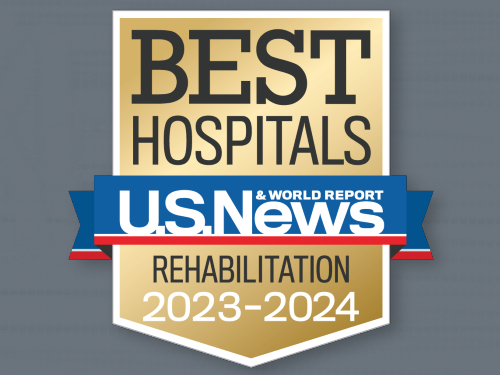Specialized program at TIRR Memorial Hermann helps COVID-19 patients recover
Houston (June 24, 2020)
Most patients who survive COVID-19 after being treated in ICU, need to undergo rehabilitation to get their mobility back. TIRR Memorial Hermann has created a program specifically designed to help these patients.





